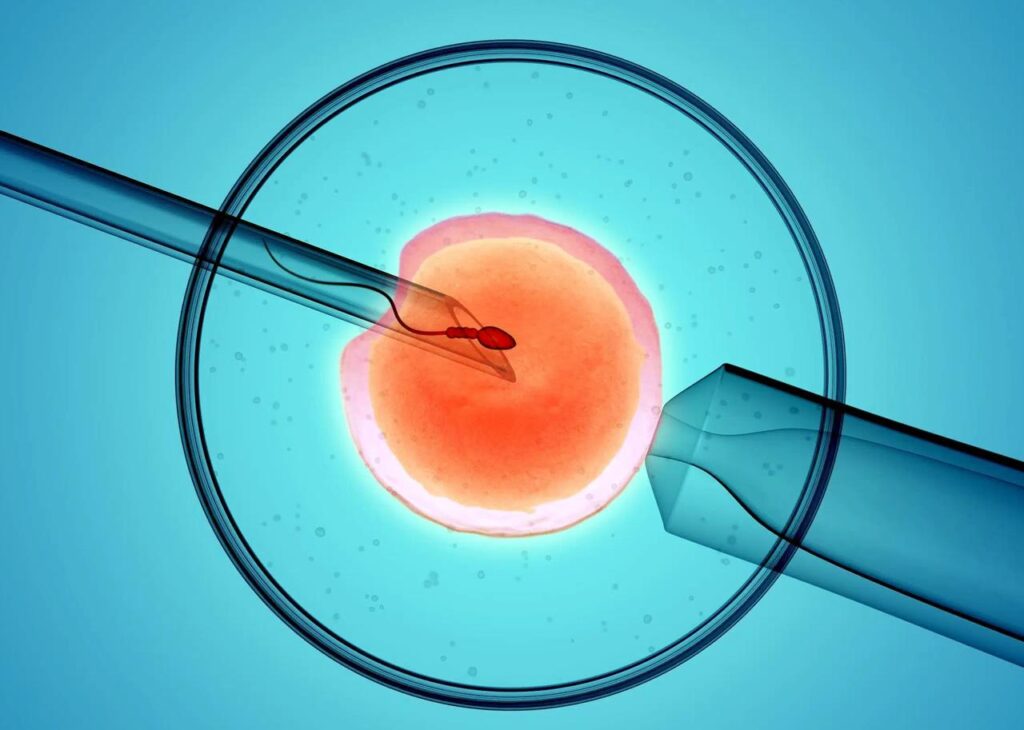Understanding Period Pain and an Exciting Way to Feel Better
Period pain, or menstrual cramps, is something many women face every month. It can range from mild discomfort to severe pain that disrupts daily life, making it hard to focus or even get through the day. While painkillers are often the go-to solution, they come with side effects, leaving many women looking for safer, natural options.
Understanding Period Pain and an Exciting Way to Feel Better Read More »











